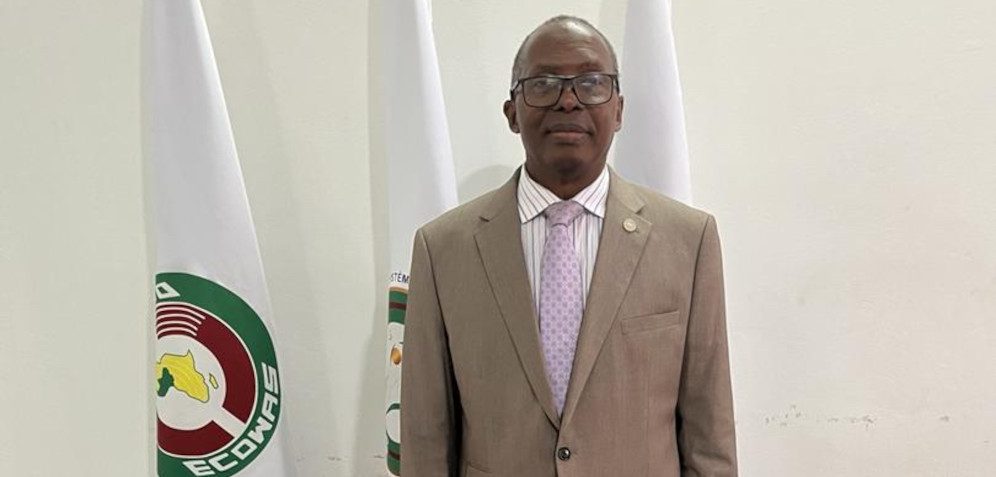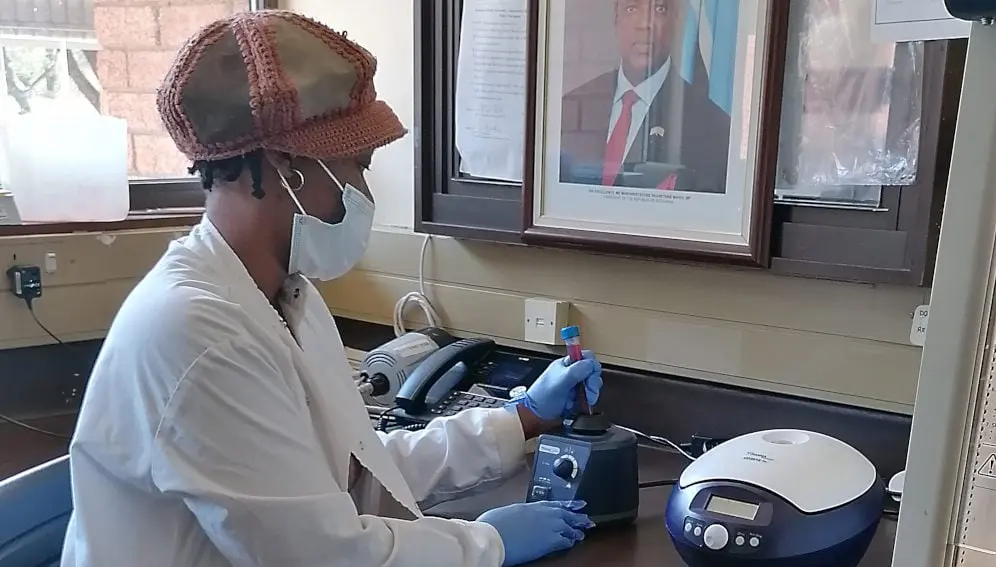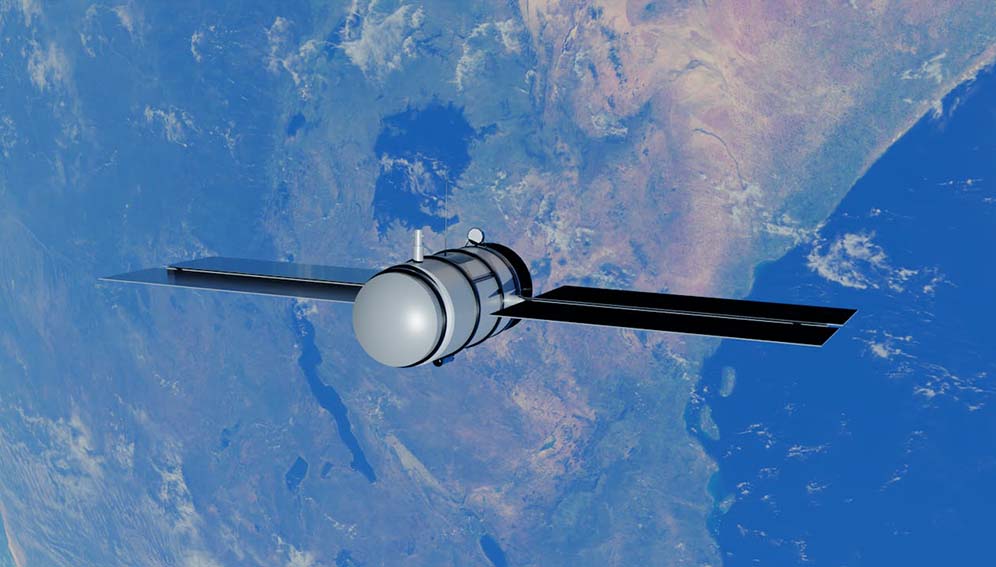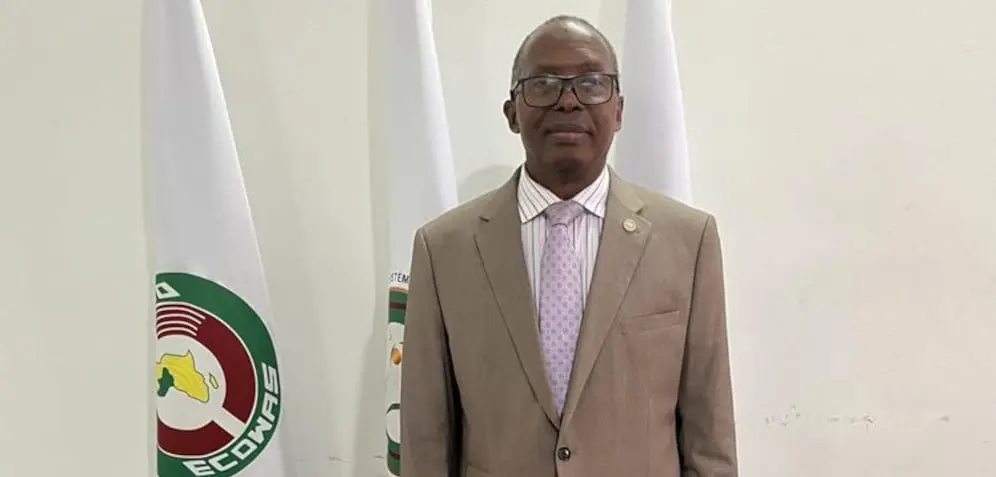SGCI News
[NAIROBI] A pan-African initiative to provide financial support to scientific research granting bodies has boosted the Sierra Leone Science, Technology and Innovation Council (NSTIC), helping it to become more recognized…
[NAIROBI] A pan-African initiative to provide financial support to scientific research granting bodies has boosted the Sierra Leone Science, Technology and Innovation Council (NSTIC), helping it to become more recognized and effective, said the chairman of the Sierra Leone Science Council.
Jonas Redwood-Sawyerr, President of the NSTIC, which reports to the Ministry of Technical and University Education and is a member of the Pan-African Initiative, emphasized the important role played by the Pan-African Initiative in helping the NSTIC launch its first call for research projects.
” Participating in the Scientific Research Granting Agencies Initiative (SRGI) has enabled Sierra Leone to obtain the necessary support to put in place research policies and strategies based on reliable data that will contribute to the country’s socio-economic development ,” he said.
IOSRS is a multilateral initiative set up in 2015 to strengthen the institutional skills of 17 public funding bodies for scientific research in sub-Saharan Africa. Its aim is to provide financial support for research and strategies based on reliable data to contribute to the economic and social development of countries.
IOSRS provides these councils with resources and training to help them fund and manage their research programs.
The Ebola pandemic of 2014-2015 had a major impact on NSTIC. During the crisis, the council became inactive, mainly because resources had to be allocated to other budget items and the pandemic crisis had to be dealt with urgently, said a government official.

Jonas Redwood-Sawyerr reported that the NSTIC had launched its first call for research projects through IOSRS, under the aegis of the Association of African Universities and the African Centre for Technical Studies, which also provided financial support.
He added that some actions, such as capacity building, training and workshops, were organized by IOSRS, without any financial support from the government.
However, he stressed that government financial support is crucial if these programs are to continue in the long term.
Jonas Redwood-Sawyerr stressed that the main function of the NSTIC is to promote science and technology with the aim of improving the quality of life of Sierra Leoneans, but that this will only be possible with a precise implementation plan.
” Financial resources will be needed to develop an action plan and to strengthen the skills of Council staff so that they can effectively oversee and monitor its implementation,” he concluded.
This article was produced with the support of International Development Research Centre (IDRC) .
Related News
Botswana’s Commitment to Research: Laying the groundwork for innovation
Although Botswana does not yet have a dedicated science agency, it has demonstrated a strong commitment to research and innovation through active participation in the Science Granting Councils Initiative (SGCI). In this video interview, Lesego Thamae, Deputy Permanent Secretary at the Ministry of Communications, Knowledge…
Space innovation in Africa tackling local problems
Africa’s space sector, while valued at US$22.64 billion in 2024, is still in its early stages—but scientists say it holds significant promise for addressing some of the continent’s development issues. In this episode of Africa Science Focus, reporter Michael Kaloki explores how space research and…
An interview with Dr Samba Sesay on how NSTIC -SL is improving the quality of life through science and technology
This video previews the ongoing efforts of the National Science Technology and Innovation Council of Sierra Leone (NSTIC-SL), a young council established in 2020. Dr. Samba Sesay, Programme Implementation Manager, explains that NSTIC-SL’s core mission is to enhance the quality of life for Sierra Leonean…




